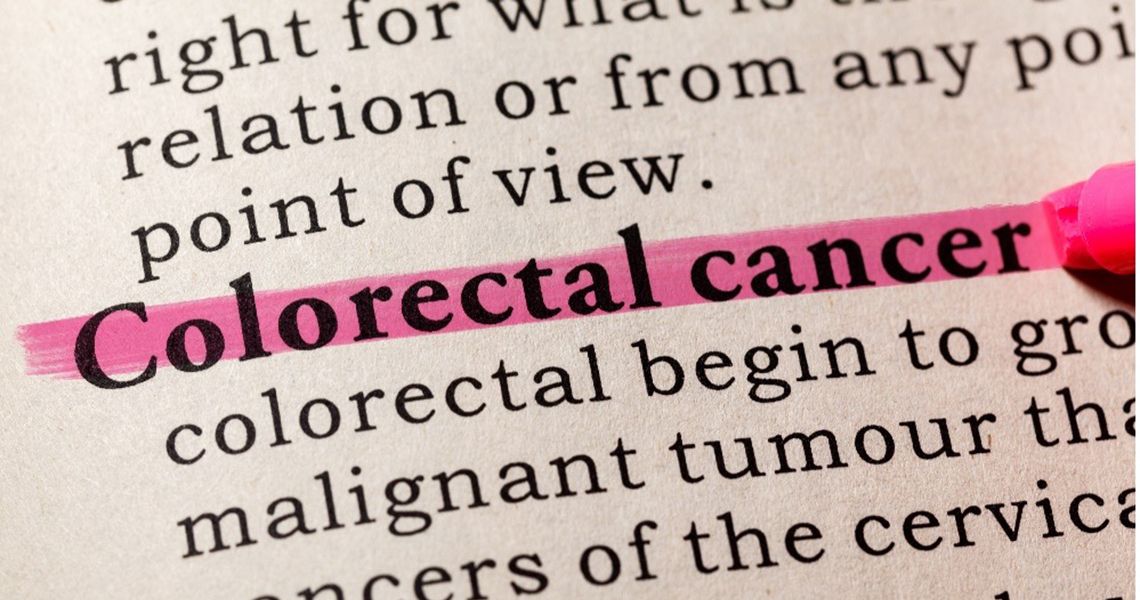
Colorectal surgeon, the GW Cancer Center’s Gastrointestinal Cancer Program
Colorectal cancer, traditionally thought of as a disease affecting older individuals, is increasingly being diagnosed in people younger than 50. This trend has raised concerns among healthcare professionals and researchers, prompting a closer examination of the causes, implications, and strategies for early detection and prevention. Understanding this phenomenon is crucial for addressing the evolving landscape of colorectal cancer and implementing effective preventive measures. Matthew Ng, MD, a colorectal surgeon with the GW Cancer Center’s Gastrointestinal Cancer Program, discusses the trend and offers guidance.
The Rising Incidence
“Historically, colorectal cancer has primarily affected individuals over the age of 50,” explains Dr. Ng. “However, recent studies have highlighted a significant increase in diagnoses among younger adults.” According to research published in the Journal of the National Cancer Institute, the incidence of colorectal cancer in individuals under 50 has been steadily rising by approximately 2% to 3% per year over the past two decades.
Factors Contributing to the Trend
“We don’t really know why colorectal cancer is increasing in younger people, but we have some ideas,” says Dr. Ng. “There are several factors that may be contributing to the rising incidence of colorectal cancer in younger adults.” These include:
- Changing Lifestyle Habits: Sedentary lifestyles, low-fiber diets that include red and processed meats (Dr. Ng recommends limiting these meats to one to two times per week), and an increase in obesity rates among younger generations are believed to significantly contribute to the development of colorectal cancer.
- Delayed Screening: Screening guidelines traditionally recommended beginning regular colorectal cancer screenings at age 50 for average-risk individuals. However, the increasing prevalence of the disease in younger populations suggests that current guidelines may not be adequate for early detection in this demographic.
- Genetic Predisposition: While most cases of colorectal cancer are sporadic, a small percentage can be attributed to hereditary factors, such as Lynch syndrome and familial adenomatous polyposis (FAP). Individuals with a family history of these conditions may be at higher risk at a younger age.
- Environmental Factors: Exposure to environmental toxins, such as certain chemicals and pollutants, may also contribute to colorectal cancer in younger individuals.
Symptoms: What Should You Look For?
“Colorectal cancer symptoms can vary depending on the location and stage of the cancer,” states Dr. Ng. “While some individuals may experience no symptoms in the early stages, others may notice these changes:”
- Persistent changes in bowel habits, including diarrhea, constipation, or narrowing of the stool, similar to the diameter of a pencil
- Blood in the stool or rectal bleeding
- Abdominal discomfort or cramping
- Unexplained weight loss
- Fatigue or weakness
- Persistent abdominal pain or discomfort
- Feeling that the bowel does not empty completely after a bowel movement
It's essential to note that these symptoms can also be caused by conditions other than colorectal cancer. However, if any of these symptoms persist or worsen, it's critical to consult with your physician for further evaluation and diagnosis.
Implications and Challenges
The rise in colorectal cancer diagnoses among younger adults presents several implications and challenges:
- Advanced Disease at Diagnosis: Younger individuals may be diagnosed with colorectal cancer at later stages, leading to poorer prognosis and treatment outcomes compared to older patients, who are more regularly screened according to current guidelines, when the cancer is found at an earlier and more curable stage.
- Limited Screening Options: Current screening methods, such as colonoscopy and fecal occult blood testing (FOBT), may not be widely utilized or recommended for individuals under 50, contributing to missed opportunities for early detection.
Preventive Measures and Recommendations
To address the rising incidence of colorectal cancer in individuals younger than 50, several preventive measures and recommendations can be implemented:
- Increased Awareness and Education: Public health campaigns to raise awareness about colorectal cancer risk factors, symptoms, and screening guidelines should target younger populations to promote early detection and preventive behaviors.
- Expanded Screening Guidelines: Healthcare organizations and professional societies should consider lowering the age at which regular colorectal cancer screenings are recommended for average-risk individuals. This may involve evaluating the effectiveness of alternative screening modalities, such as stool-based tests, in younger age groups.
- Genetic Testing and Counseling: Individuals with a family history of colorectal cancer or hereditary cancer syndromes should undergo genetic testing and counseling to assess their risk and inform personalized screening and preventive strategies.
- Lifestyle Modifications: Encouraging healthier lifestyle habits, including regular exercise, a balanced diet rich in fruits and vegetables, limited alcohol consumption, and avoidance of tobacco use, can help reduce the risk of colorectal cancer among younger adults.
The rising incidence of colorectal cancer diagnoses in individuals younger than 50 represents a significant public health concern that requires urgent attention and action. “By addressing the underlying factors contributing to this trend and implementing proactive preventive measures, we can work towards reducing the burden of colorectal cancer on younger generations and improving long-term health outcomes,” says Dr. Ng. “Early detection, increased awareness, and lifestyle modifications are key pillars in the fight against colorectal cancer, regardless of age.




